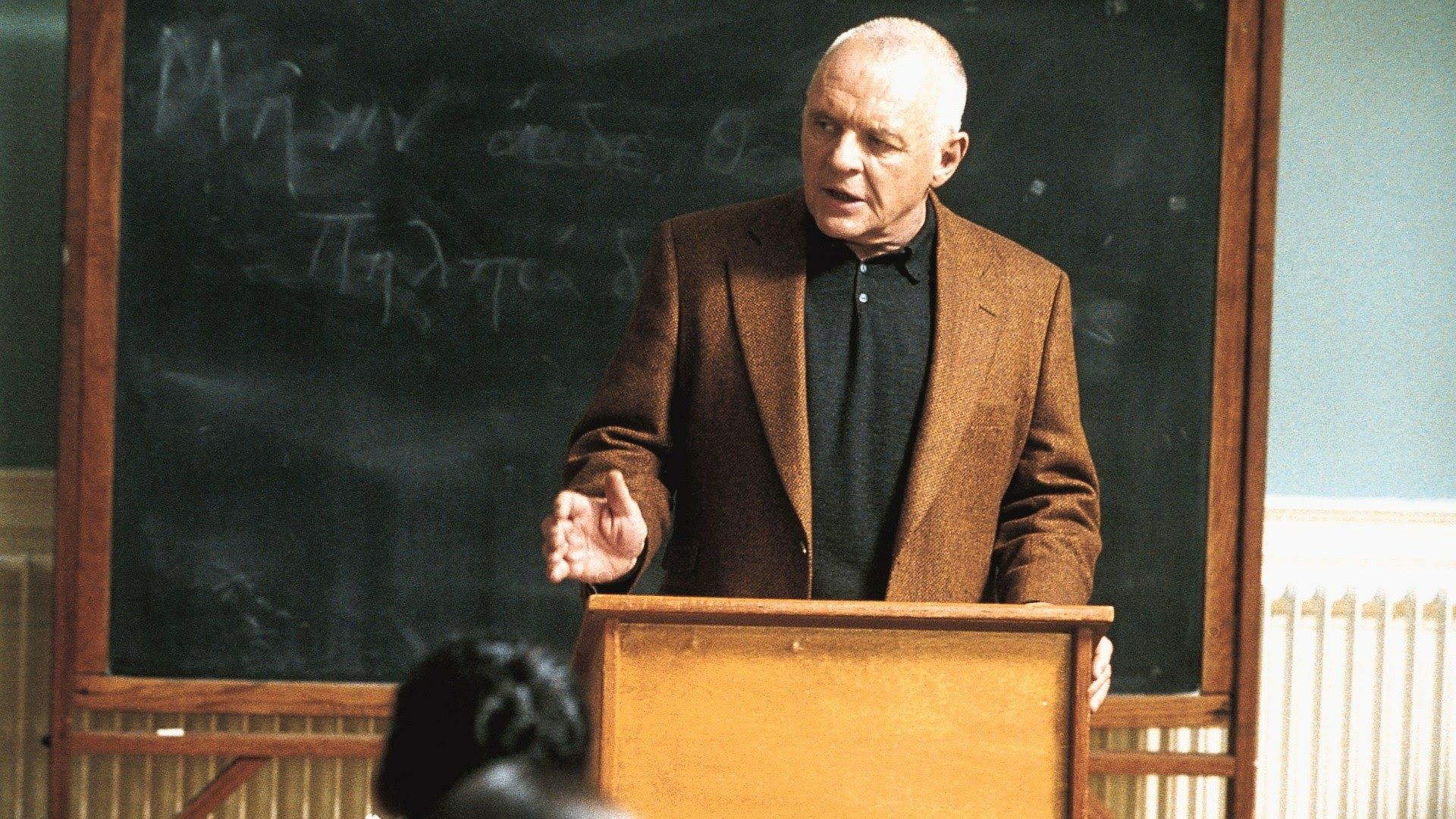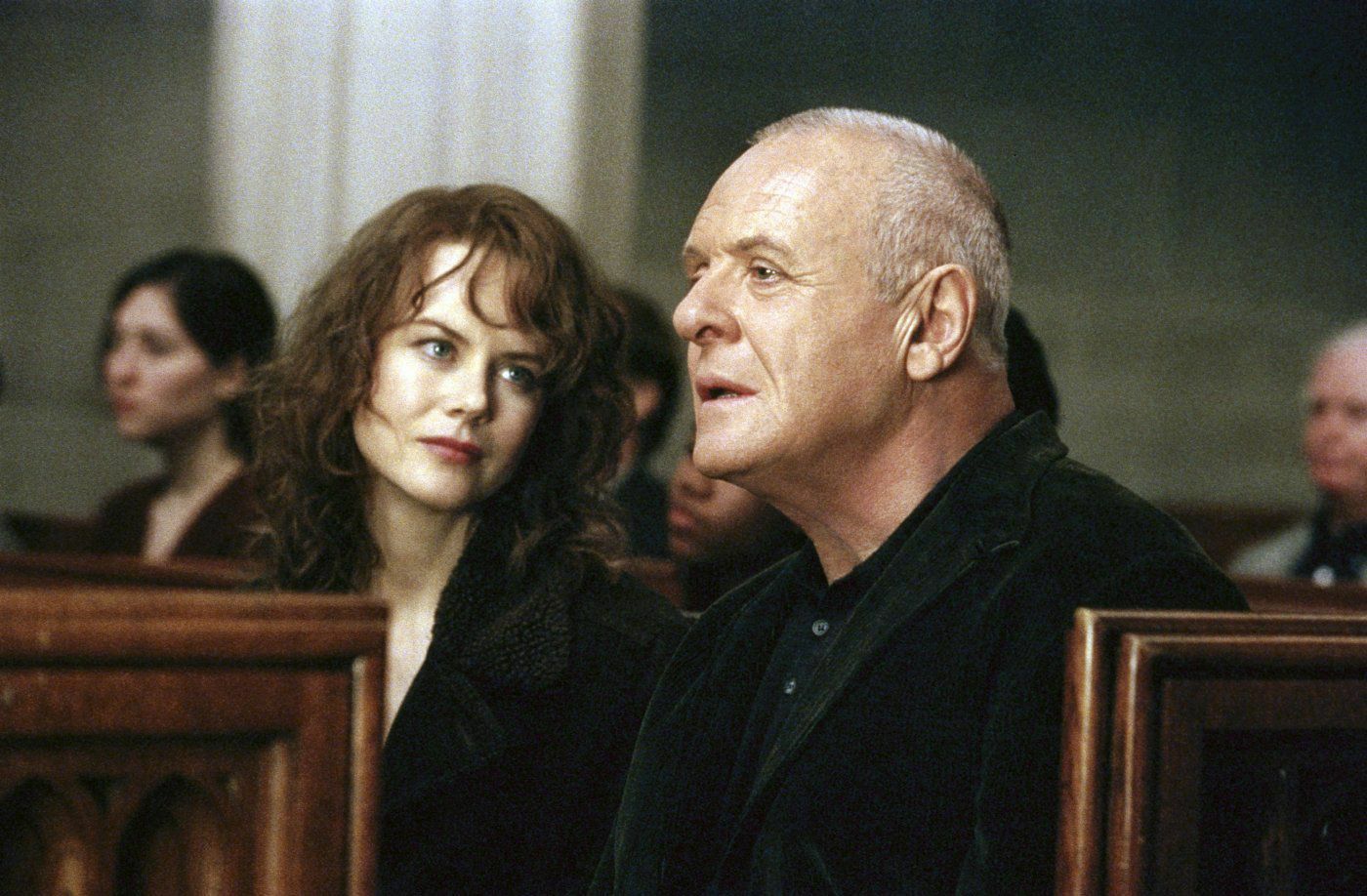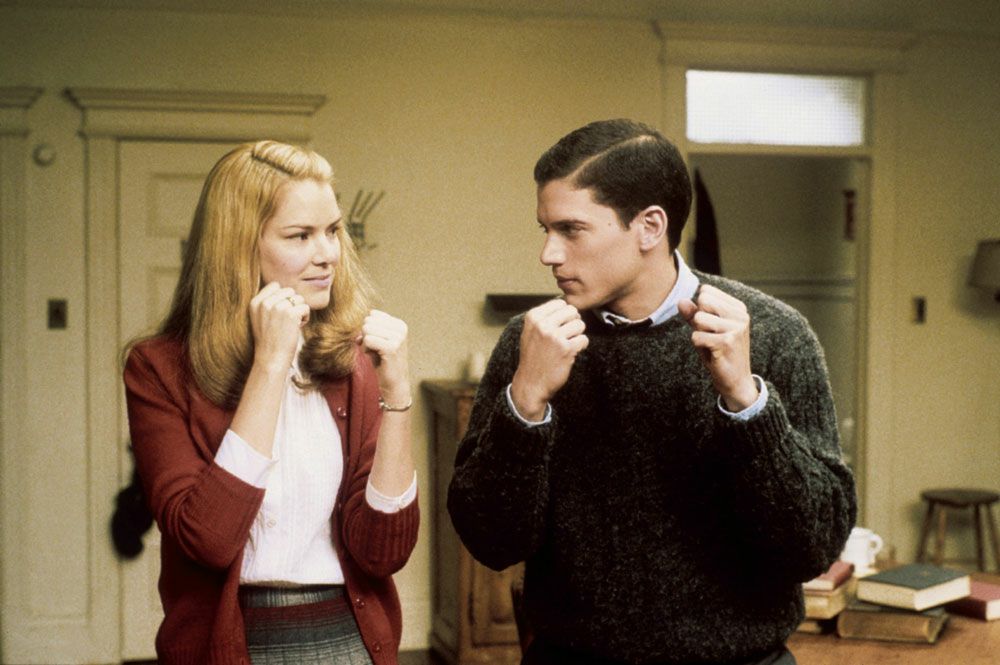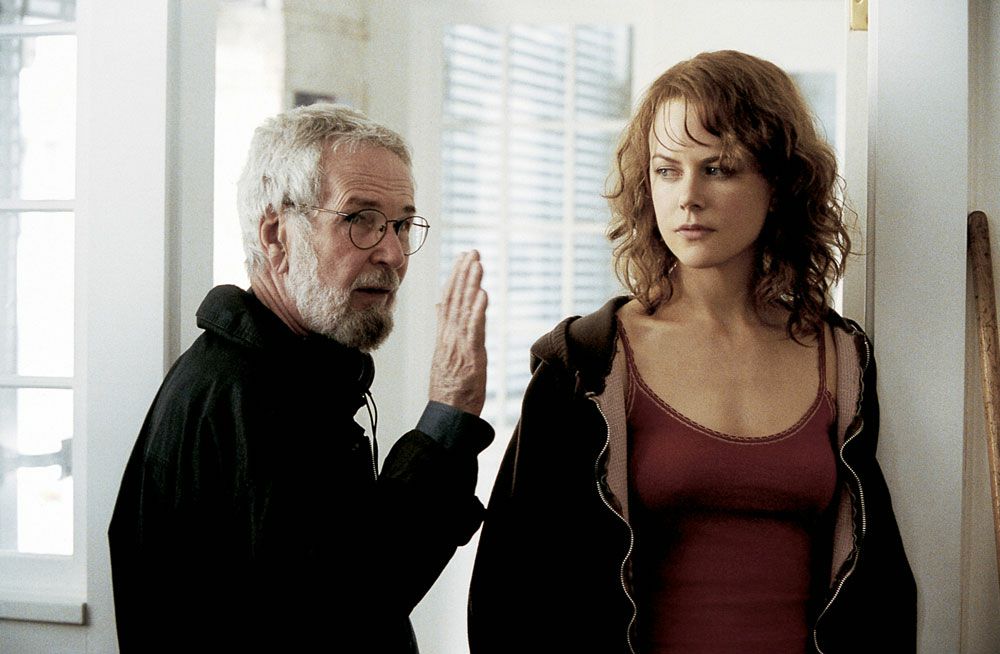The Human Stain 2003 – The Mask of Deception and the Tragedy of a Lost Life
When a person is condemned by their own identity and forced to live with a wound that can never heal…
The Human Stain is not just a story of deception in society, but also a heartbreaking journey about identity, regret, and love. It’s a film that forces the audience to confront the question: “Can we truly live authentically when we’ve had to hide ourselves our entire lives?”
The True Face of Modern Society – Love, Deception, and Secrets That Can’t Be Hidden Forever
The story begins with a scandal that seems simple at first – Coleman Silk (Anthony Hopkins), a renowned university professor, is accused of racism after making an unfortunate comment in class. This marks the beginning of a painful and tragic downfall. But it’s from this event that the film uncovers secrets that go beyond Coleman, exposing the darker truths of the society he lives in.

The truth is, Coleman Silk is not white.
With his light skin and carefully crafted appearance, Coleman chose to live as a white man his entire life – for opportunity, for acceptance. But what is the price of this choice? A life of self-deception, forever trapped between two worlds to which he does not truly belong. The question of identity – of who he really is – becomes a wound that can never heal.

An Obsessive Love – A Romance Between Two Shattered Souls
Then, in this world of hidden truths, an unexpected love blooms. Faunia Farley (Nicole Kidman), a woman full of trauma and darkness, steps into Coleman’s life. She is a woman with nothing but a painful past, with losses she can never forget.
Their love is the meeting of two people who have both lost themselves, finding each other in an attempt to heal their deep wounds. But, as with all complex relationships, their love cannot escape the shadow of the past. As secrets are revealed and old wounds are torn open, their relationship quickly becomes tangled and tragic.

Gary Sinise and the Stories Untold
In addition to the leads, Gary Sinise as Nathan Zuckerman – the narrator of the story – is the one who brings the emotional rhythm to the film. Zuckerman is not just a secondary character; he is a symbol of the inner torment of those who observe, who know the truth but cannot change anything. As a voice of conscience, Zuckerman serves as a window for the audience to see the deep, hidden pain of the characters.

A Film Not for the Masses, but an Unforgettable Experience
With The Human Stain, director Robert Benton has no intention of creating a film that’s easy to watch or understand. It’s a work that challenges the emotions and thoughts of its viewers. The film lacks action scenes, and it doesn’t offer simple, dramatic moments to distinguish between good and evil. Instead, The Human Stain is a portrait filled with shades of gray, where every decision comes with a price.

The film also raises an important question: Can we live authentically when society demands that we play a different role?
Coleman and Faunia’s story is a testament to a world where personal identity is not always something we’re free to share. And when secrets are exposed, no one can predict the consequences.

Conclusion:
The Human Stain is a melancholic, haunting, and thought-provoking film. It’s not an easy story to digest, but its complexity and depth make it special. It serves as a reminder that in a society that constantly demands change and adaptation, we may have unknowingly lost our true selves along the way.
What the film leaves behind for the audience is not a clear conclusion, but a series of questions that are not easily answered. And that, is the power of The Human Stain.



